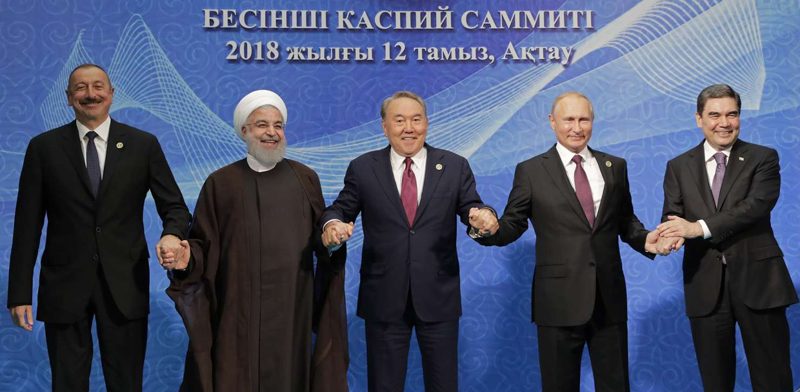In the seemingly complex and often contradictory mass of political developments throughout the world it is hardtop discern any logic or rationality. They are usually attributed chance and fate of nations. However, careful observation would reveal the inner dialectics of international relations and their shifts.
Politics is supposed to be a concentrated form of economics. Thus they are inter-related. It is in the sphere of fundamental economic relations that one has to look for any rational causes for political developments within nations and among nations.
 The world has not yet recovered from the financial crisis of 2008 despite assertions to the contrary by apologetics of bourgeois economists. Pax Americana is on the wane and China is ascending fast as the future world leader. At present it has the second largest economy in the world next to the United States only. The day is not far off when it will overtake the US.
The world has not yet recovered from the financial crisis of 2008 despite assertions to the contrary by apologetics of bourgeois economists. Pax Americana is on the wane and China is ascending fast as the future world leader. At present it has the second largest economy in the world next to the United States only. The day is not far off when it will overtake the US.
Production has shifted eastwards from the United States and Western Europe. Asia led by China, India and Japan has become the centre of gravity of industrial production. The BRICS nations also constitute an emerging power bloc. Resurgent Africa has entered the development path. Latin American nations are experimenting with new ways of overcoming dependence on their former colonial masters. In the Middle East Iran, Syria and Russia are reinforcing an alliance that would offset the influence held by the United States, Saudi Arabia and the Gulf States together with Egypt and Israel. The Gulf Cooperation Council is rupture by sanctions imposed by several of its members against Qatar in an effort to change its independent foreign policy. It is being assisted by Iran and Turkey. The latter has become a dissident within the NATO and is openly taking hostile positions. It is getting closer to Russia and Iran – formidable rivals of the NATO. Meanwhile, shameful collaboration and patronage afforded to Israel by the United States is distancing it from the Arab nations.
China’s emerging economy
Pakistan which was closely aligned with the US in the past has been abandoned by the latter. Military aid to Pakistan has been halted by the US. It was a few days ago that several accords were signed between Russia and Pakistan. Russia has agreed to train Pakistan military officials in Russia, a step that has infuriated the US. Russia and China have intensified their military and political cooperation.
The United States is not giving up its leading role and hegemony without a fight. Being the most armed world power in history with an immense arsenal of nuclear and conventional weapons it is threatening to use force to maintain its supremacy and counter the “Chinese threat”.
Its relations with nuclear powered Russia are at a very low web. A new arms race has been triggered between the US, Russia and China.
In order to contain China, the United States has shifted the focus of its strategic objectives from the Atlantic to the Pacific Ocean. They want to dominate the Asia – Pacific region, especially its maritime zone. In this, it is trying to build an alliance with Japan, India and Australia among others. On the other hand, both India and China are members of the Shanghai Cooperation Council for maintaining peace in this region.
Caspian Sea littoral states
It is in the context of above regional and global political developments that one has to assess the outcome of the Convention of littoral states of the Caspian Sea held in the Kazakh city of Aktau last Sunday. The Caspian Sea is the largest enclosed water body on earth by area, variously classed as the world’s largest lake.
At the conclusion of the Summit the presidents of Iran, Russia, Turkmenistan, Kazakhstan and the Republic of Azerbaijan signed the convention on the Caspian legal regime. Also, senior officials from the participating states signed six other agreements: a protocol on cooperation in the fight against terrorism in the Caspian Sea, a protocol on cooperation in countering organised crimes, an agreement on economic interaction, a multilateral transportation agreement, an agreement on preventing incidents in the Caspian Sea, and a protocol on partnership among the border guards of the Caspian states.
Since the Caspian Sea is located near hotbeds of tension and areas of international terrorist activity, viz., the Middle East and Afghanistan Caspian countries attach great importance to the issues of security.
Hailing the Summit as “a very important and landmark event” President Putin said: “…the Convention confers upon the five states exclusive and sovereign rights to use the Caspian Sea, to pursue its responsible development and to use its assets and other resources…. and ensures that armed forces of non-regional countries are not present in the Caspian region.”



Add new comment